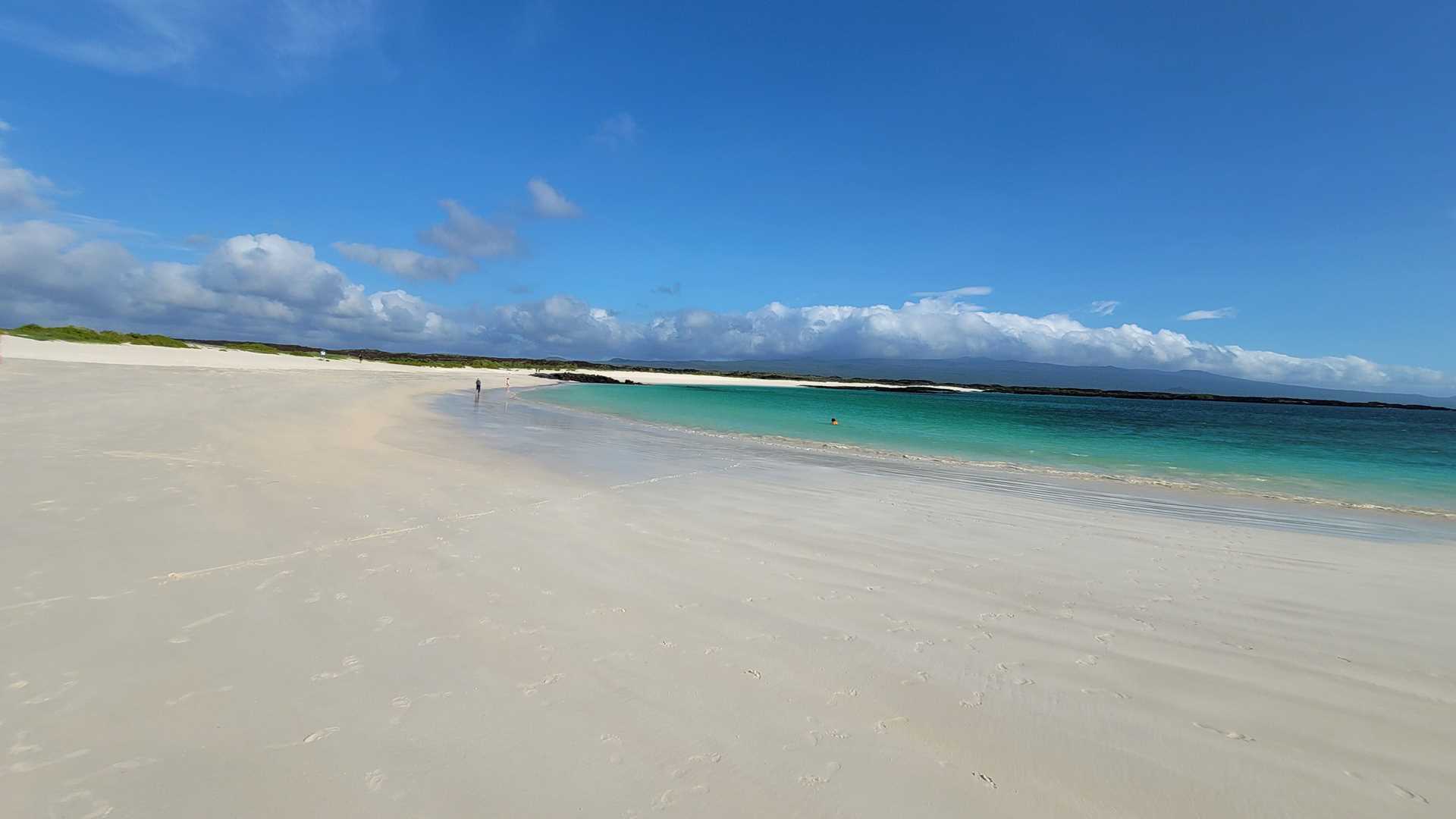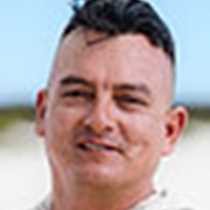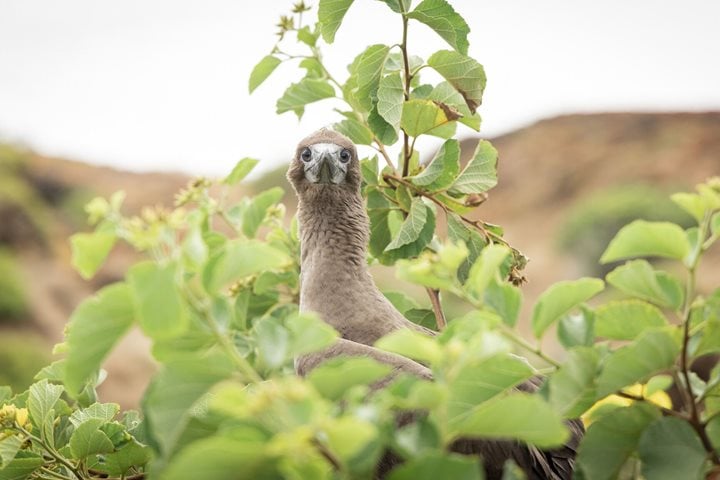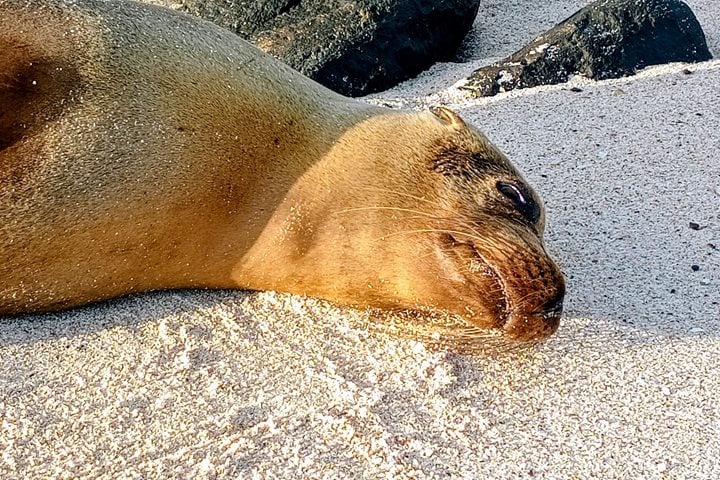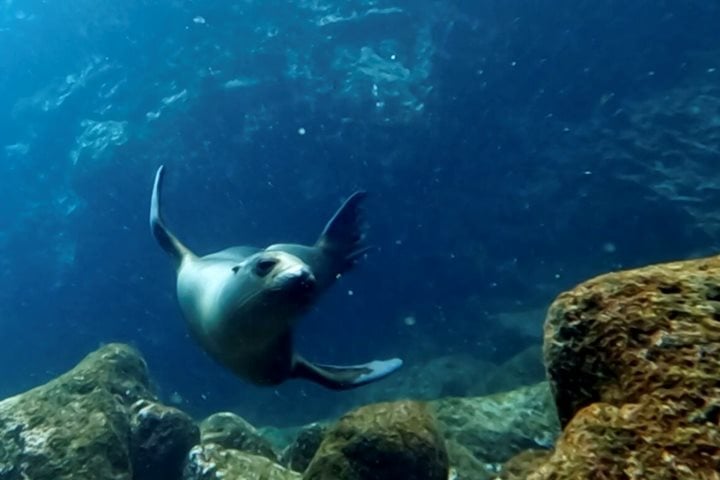Early in the morning, we visited San Cristobal Island. It was a windy day, but disembarkation was easy at Punta Pitt, a nice greenish beach with particles of olivine that sparkled like little diamonds. What a fantastic landscape we had during the walk inside a volcano. Along the trail we founded blue-footed boobies, and eventually red-footed and Nazca boobies as well. Afterward, we had a nice breakfast followed by snorkeling on a beautiful morning. Next, we sailed south for two hours to get to Cerro Brujo, one of the most amazing beaches of Galapagos, with sand like soft flour that never gets hot. It is also home for many sea lions and birds. The end of the day also meant the end of this Galapagos escape as National Geographic Islander II circumnavigated Kicker’s Rock.
Call +1.800.397.3348 or contact your travel advisor

